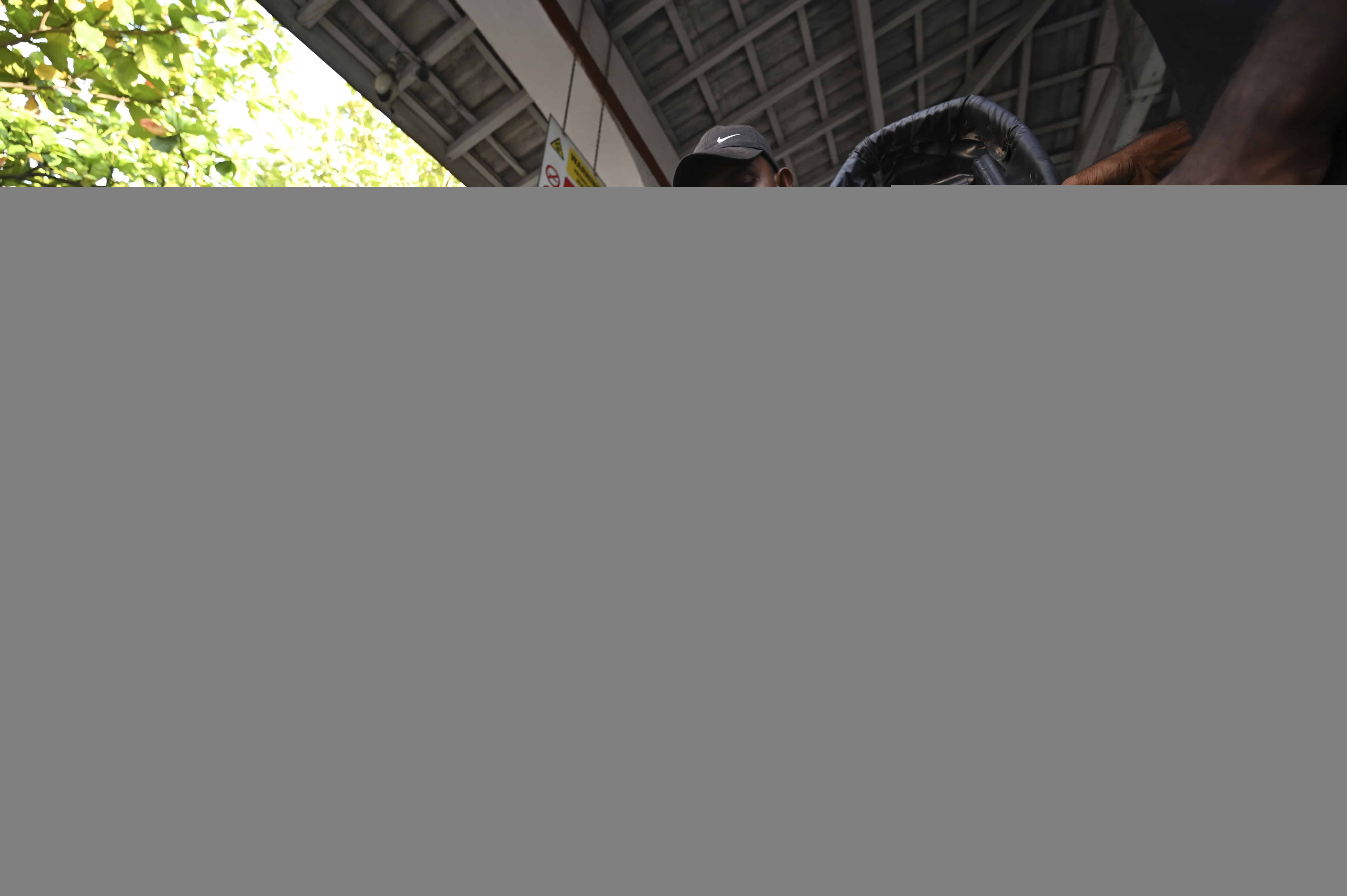Cash-strapped Sri Lanka imposed fuel rationing on Friday in another worsening of the economic crisis that has sparked widespread demonstrations calling for President Gotabaya Rajapaksa’s resignation.
The state-run Ceylon Petroleum Corporation (CPC), which accounts for two-thirds of the retail fuel market, said it would limit the quantities drivers can buy, and banned pumping into cans altogether to prevent motorists stocking up on petrol or diesel in fear of further rationing.
The maximum for motorcycles was set at four liters of petrol, with three-wheelers allowed five liters, the CPC said. Private cars, vans and SUVs were allowed up to 19.5 litres of either petrol or diesel.
Most pumping stations were already out of petrol, while the few that remained open saw long queues. At least eight people have died while waiting in fuel lines since last month.
Energy ministry officials said they expected the country’s other fuel retailer, Lanka IOC — the local unit of Indian Oil Corporation — to follow suit.
There was no immediate comment from the Lanka IOC, which accounts for the remaining one third of the market.
The island nation is in the grip of its worst economic crisis since independence in 1948, with severe shortages of essential goods and regular blackouts causing widespread misery.
The country’s main cooking gas retailer Litro Gas said it was completely out of stock, but hoped to get new supplies by Monday to resume distribution.
The state-owned firm said its chairman, Theshara Jayasinghe, a strong ally of Rajapaksa, had resigned on Thursday over the “prevailing situation” in the country.
Tens of thousands of people kept up a protest outside Rajapaksa’s office for a seventh straight day Friday demanding he quit over the economic hardships suffered by the country’s 22 million residents.
Sri Lanka’s economic meltdown began after the coronavirus pandemic torpedoed vital revenue from tourism and remittances.
The government has urged citizens abroad to donate foreign exchange to help pay for desperately needed essentials after announcing a default on its entire external debt.
It has announced it will open negotiations with the International Monetary Fund to seek a bailout.

